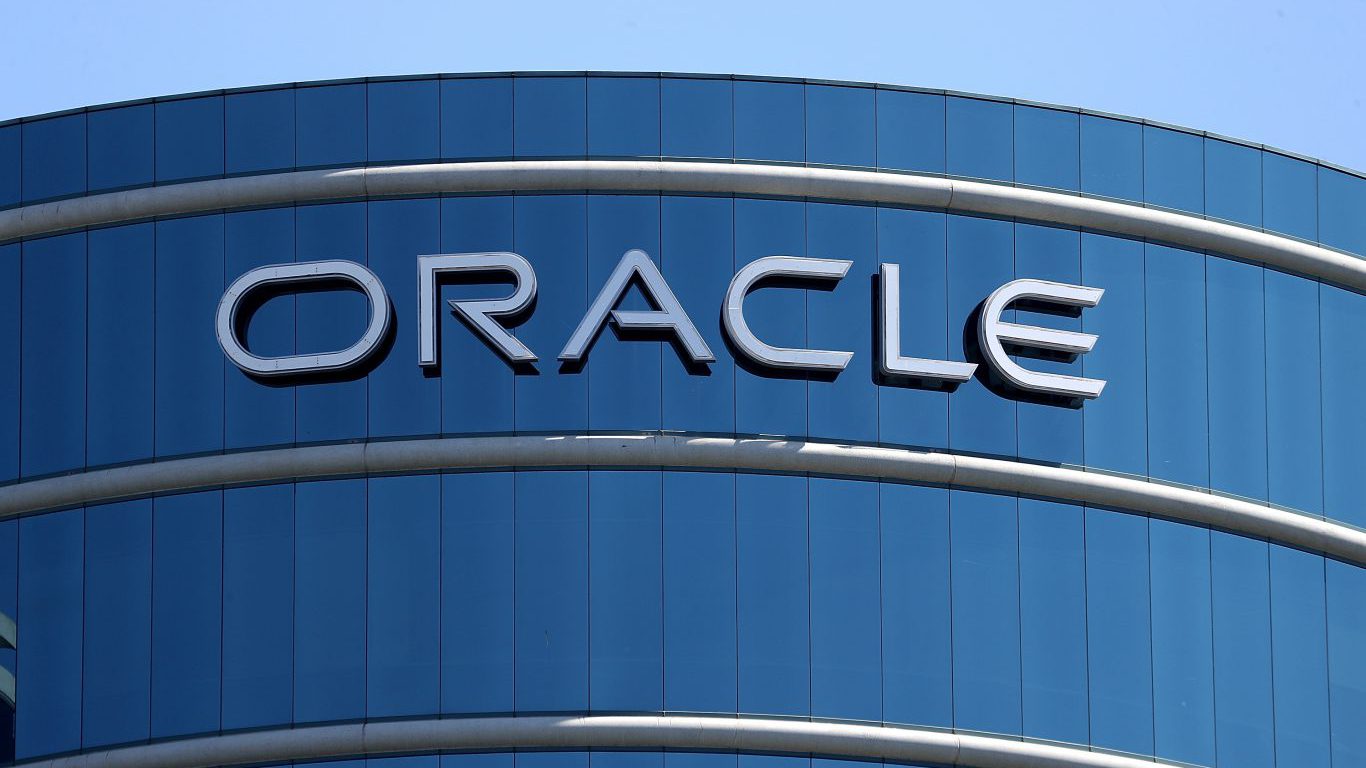
The capital return policy by major corporations via share buybacks has come under more scrutiny of late than in prior years. While some companies have been great buyers of their own shares over time, others have been when they could be, or should be, investing (or saving) for growth for the next business cycle.
That saying of “sometimes you can have too much of a good thing” may be the case with Oracle Corp. (NYSE: ORCL) and its massive share buybacks. After Friday’s closing bell, Oracle made a filing with the U.S. Securities & Exchange Commission (SEC) that its board of directors, on February 12, 2019, authorized the repurchase of up to an additional $12 billion of common stock.
This most recent buyback authorization was under an existing share repurchase program and it has no expiration date. Oracle left the door wide open as well to purchase as much or as little as it sees fit, noting this:
[T]he pace of repurchase activity will depend on factors such as Oracle’s working capital needs, cash requirements for acquisitions and dividend payments, debt repayment obligations or repurchases of Oracle’s debt, Oracle’s stock price, and economic and market conditions. … The stock repurchase program may be accelerated, suspended, delayed or discontinued at any time.
Oracle also noted in the filing that the stock repurchases may come from open market purchases or under a Rule 10b5-1 plan.
It is important to consider how and why Oracle may be guilty of buying back too much stock. In September of 2018, Standard & Poor’s revised its outlook on Oracle down to Negative from Stable and specifically referenced its aggressive share repurchases since the passage of U.S. tax reform. S&P pointed out that Oracle had doubled its repurchases in the first quarter of the year to $10 billion from $5 billion (previous quarter), and that Oracle’s cash position had declined to roughly $2 billion from $14 billion a year earlier.
The S&P’s warning about Oracle’s credit rating outlook in September said:
Under our base-case scenario, in which we assume $5 billion of repurchases per quarter coupled with moderate level of acquisitions, Oracle’s adjusted leverage could exceed our current downgrade trigger of 1.25X during fiscal (year) 2020 as its cash position declines. The negative outlook reflects uncertainty around Oracle’s financial policy and the potential for its credit metrics to weaken over time should it continue reducing cash through shareholder returns. We could lower our issuer credit rating on Oracle if the company’s adjusted leverage exceeds 1.25X over the next two years as the company engages in large share repurchases. A debt-funded acquisition that pushes leverage over the same level would also be cause for a downgrade.
Oracle had a $206 billion market cap back in September when we covered the call, with a then-current share price of $51.82. It also had added Warren Buffett’s Berkshire Hathaway as a new investor over the course of the second quarter.
On last look, as of February 19, 2019, Oracle shares had a $186 billion market cap and a $51.81 share price. And it was just a week ago that Berkshire Hathaway had already exited its large Oracle stake, as if it was swing trader all of a sudden. It is not routine for Berkshire Hathaway, even if the trades were made by one of the non-Buffett portfolio managers, to rapidly have a change of heart about a big stock position in just one quarter.
Thank you for reading! Have some feedback for us?
Contact the 24/7 Wall St. editorial team.





